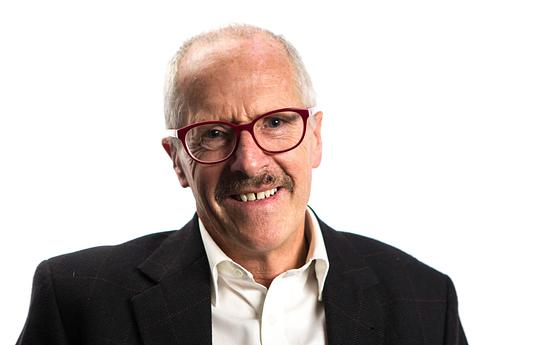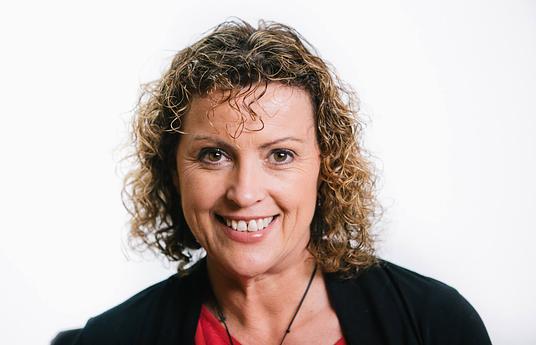Abdul Chohan
Abdul Chohan is the CEO of the Essa Academies Trust in Bolton. A chemistry teacher by profession, he was instrumental in the turnaround of a failing school in his local community - the school his parents went to and made sure he didn’t go to. The first project of its kind in the UK, students were each given a mobile device (originally an iPod touch, they now use iPads) and technology was embedded in the remodel of the school buildings themselves.
Skills
What are the skills schools should teach?
Skills other than just secretarial skills, which I define as data input - Microsoft Word, or spreadsheets, databases and so on. These are basic skills that are needed, but actually I think that technology can now be used to develop CEO type skills. CEO type skills allow us to create, plan, present. These kind of creativity skills are quite key, when implemented without losing academic rigor. There are tools, and we use some of them at the Essa Academy, that allow for that to happen.
Student technology is sometimes seen as impersonal, as if there is no kind of human element there - it’s about removing teachers and having no pens or paper, and all that sort of stuff. I don’t subscribe to that. We use a system at the moment where children can do their work, they might do it an exercise book, and when they need it to be marked they use the ipads. They take a picture and submit it to the teacher. The teacher is then able to give voice feedback to students, and students can hear that any time that they want. They can go back and listen to it.
Teachers
Are there any aspects of traditional teaching methods that are useful and worth keeping as we move forward into the next 100 years?
Of course. I think that there is lots of good stuff that has evolved out of teaching.
I love narrative and storytelling. I love the way in which historically people would sit in circles, like the campfire approach where people are face to face, and talking to one another and learning from one another. Those sorts of things are quite key and we've lost that with people sitting in rows facing the front, just listening to one person.
Assessment
What should change in pupil evaluation and testing?
At the moment testing is still very archaic. We are still testing students for information rather than their ability to solve problems. Testing and assessment should be based on the real world rather than just presenting problems that are abstract. That would be a lot more powerful than sitting down and attempting twenty questions, and if you’re having a bad day well that's tough.
The reality is that most of the questions on tests can be googled. In the real world most people would pick up a device and google. In this new context, changing needs to change in a big way.
What are your views on PISA?
You know, it’s a mixed bag in many ways because you can very easily create exam factories, and there are schools in the UK that are just that. The students are tested, tested, tested and are purely prepared to pass an exam, which then becomes the measure to judge whether the school is successful or not. But if you ask the same student who got an A in French to actually walk into a French bakery and order some food they can't do it, because everything they've learned has just been prepared for an exam.
This whole measuring system needs to be something that's more real, and I think that's a harder solution to reach but governments really do need to look at it.
The problems that companies such as Google, Apple and Microsoft and so on have faced in the past are problems that should be set in schools. That would be a fairer, more real way of measuring how well students can solve a problem, how well they can work together as a team. And it would be building real skills.
Environments
What do you feel the most exciting and effective learning environment would be?
I think real world learning, so stuff that's not in the classroom. It's kind of interesting - you get people walking into a classroom talking about leaves and photosynthesis, but they're coming into the only place where there's no photosynthesis happening! The whole school is surrounded by trees and grass, and different things that you can go and look at, but there is this intrinsic need just to be able to sit in one place and to be fed information.
The world is a classroom you should be able to go out and explore. Of course there are limits on budgets etc, but I think the greatest limit is mindset - the teacher feels we have to be in the classroom, and we have to complete these worksheets or work through these pages in a text book. It limits the ability to be creative.
Personal memory
What was your favourite moment or experience in your own education?
Back when I was almost in my final years of exams we had a chemistry teacher who made audio tapes of the stuff he was talking about so that we could listen to them at home. In those days the walkman was the thing, and you could put these cassettes into it and listen to them for revision. I thought that was a really great idea, and students flocked to that. Lots of people would come in and take these tapes, and they’d be listening to the lectures over and over again.
I think that repetition is important, people want that, but if you’ve got thirty students in a class everybody wants to study at their own rate. There’s really no such thing as high, medium or low ability. If you have thirty students you have thirty abilities, thirty different ways in which students want to learn. So we've got to provide information for them that they can use at their own pace, at their own speed. If they want to revisit something six times or seven times it’s entirely up to them.
The next 100 years
The next hundred years of Finnish education should... ensure that the future is not what it used to be.



